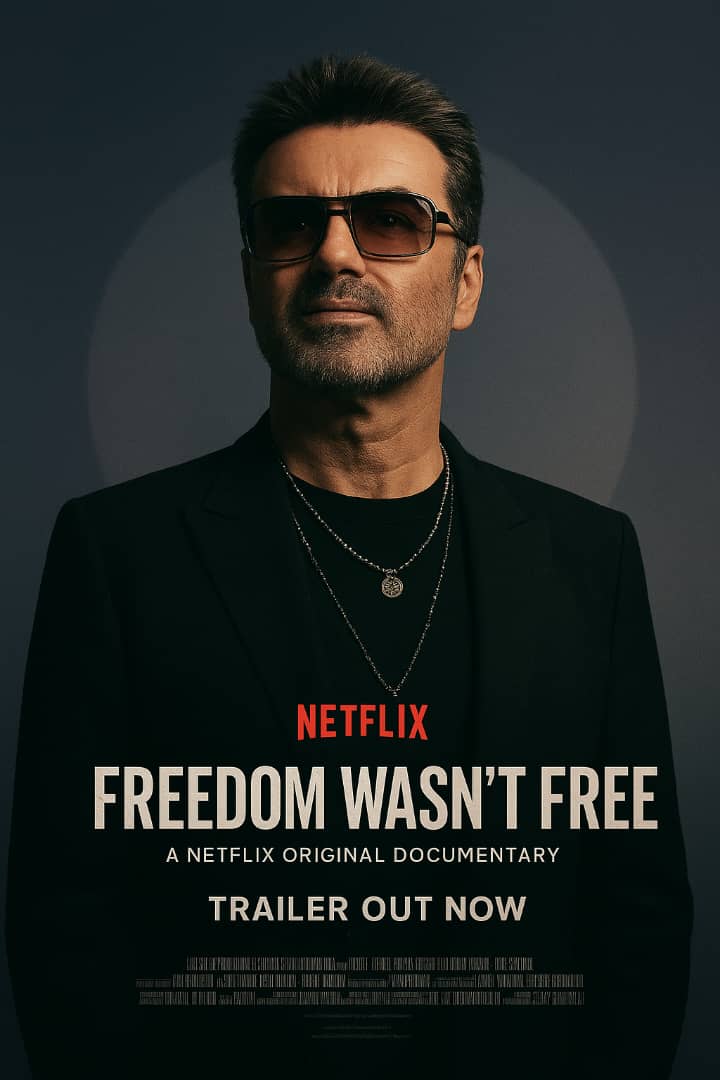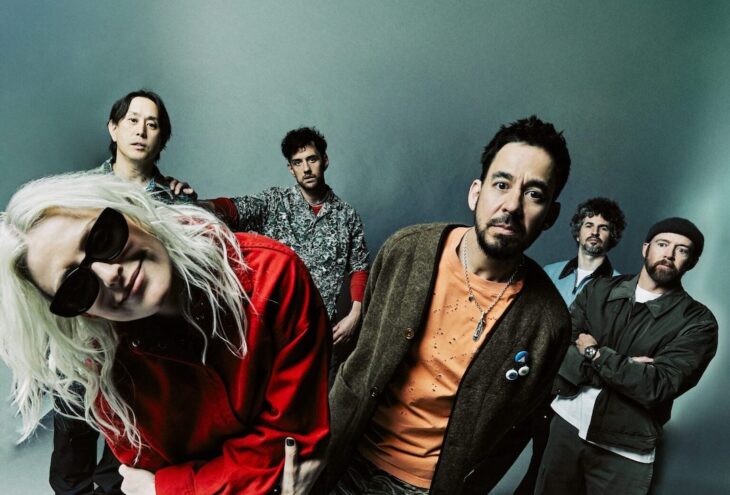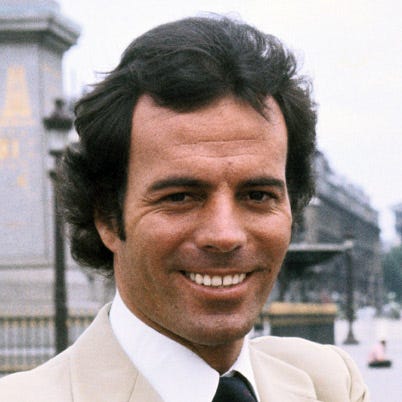
Netflix returns with another hauntingly intimate deep dive into the life of an icon, this time turning its investigative lens on the brilliant yet tormented George Michael. Freedom Wasn’t Free peels back the polished veneer of fame to reveal the complicated, painful, and deeply human story behind the superstar’s last years. With never-before-seen archives, emotional interviews, and a raw narrative structure, the documentary reframes a legend not through his superstardom, but through his suffering, his resilience, and the battles he fought in silence.
The series begins by revisiting the global adoration that followed George Michael from his Wham! days to his solo domination. But instead of rehashing familiar triumphs, Netflix directs viewers toward the fractures forming beneath the surface—subtle signs of exhaustion, emotional strain, and the consequences of shouldering fame that had become less glamorous and more suffocating. Voiceovers from friends, collaborators, and former partners reveal a man desperately trying to balance the expectations of the world with the fragility of his own well-being.
As the documentary progresses, it explores George’s turbulent relationship with the media, which had evolved from adoration to predation. The incessant scrutiny, the tabloid invasion of his privacy, and the weaponization of his most vulnerable moments form a heart-wrenching timeline of how relentless public pressure contributed to his emotional deterioration. Netflix contextualizes these events as systemic failures—an industry and media landscape that profited from breaking the very stars it once celebrated.
One of the most compelling elements of Freedom Wasn’t Free is the way it dives into George’s internal struggles—his battles with loneliness, unresolved grief after losing loved ones, and the personal demons he confronted behind closed doors. Through personal letters, unreleased audio, and confessions shared by those who knew him best, viewers see a man who loved deeply, hurt deeply, and often felt he had no safe place to fall. It’s an unsettling yet vital shift from the glamorous myth of pop royalty to the reality of a human being trapped beneath it.
The documentary does not shy away from George Michael’s legal troubles, addiction issues, and moments of public crisis. However, it refuses to sensationalize them. Instead, it examines these events through a compassionate, evidence-driven lens—highlighting the underlying trauma, mental health battles, and chronic stress that shaped his decisions. Netflix steers the narrative toward understanding rather than judgment, presenting a portrait that feels truthful, humane, and deeply empathetic.
By the sixth episode, the series leads viewers into George’s private final years—a period marked by reclusion, artistic hesitation, and a quiet search for peace. Instead of framing his withdrawal as loss, Freedom Wasn’t Free shows the intentionality behind his retreat: a man attempting to reclaim autonomy over his life after decades of having it dictated by others. Home footage and testimonies paint George as reflective, still creative, still loving, yet unmistakably weary from battles the public never saw.
As the series edges toward its conclusion, it confronts the tragedy of George Michael’s untimely passing with grace and restraint. Rather than indulging in speculation, Netflix focuses on the difficult truths: the toll of unaddressed mental health struggles, the exhausting weight of global fame, and the cultural failure to support artists beyond their output. It is an emotional reckoning that invites viewers to consider how society contributes to the silent suffering of its brightest stars.
In its final moments, Freedom Wasn’t Free becomes a meditation on legacy—not the records sold or awards won, but the emotional, cultural, and human imprint George Michael left behind. By exposing his hidden wounds with care and honesty, Netflix offers a tribute that is both heartbreaking and healing. It reminds viewers that behind the voice that defined a generation was a man who gave the world everything, even when it cost him pieces of himself. And that, perhaps, is the real tragedy—and triumph—of his extraordinary life.


